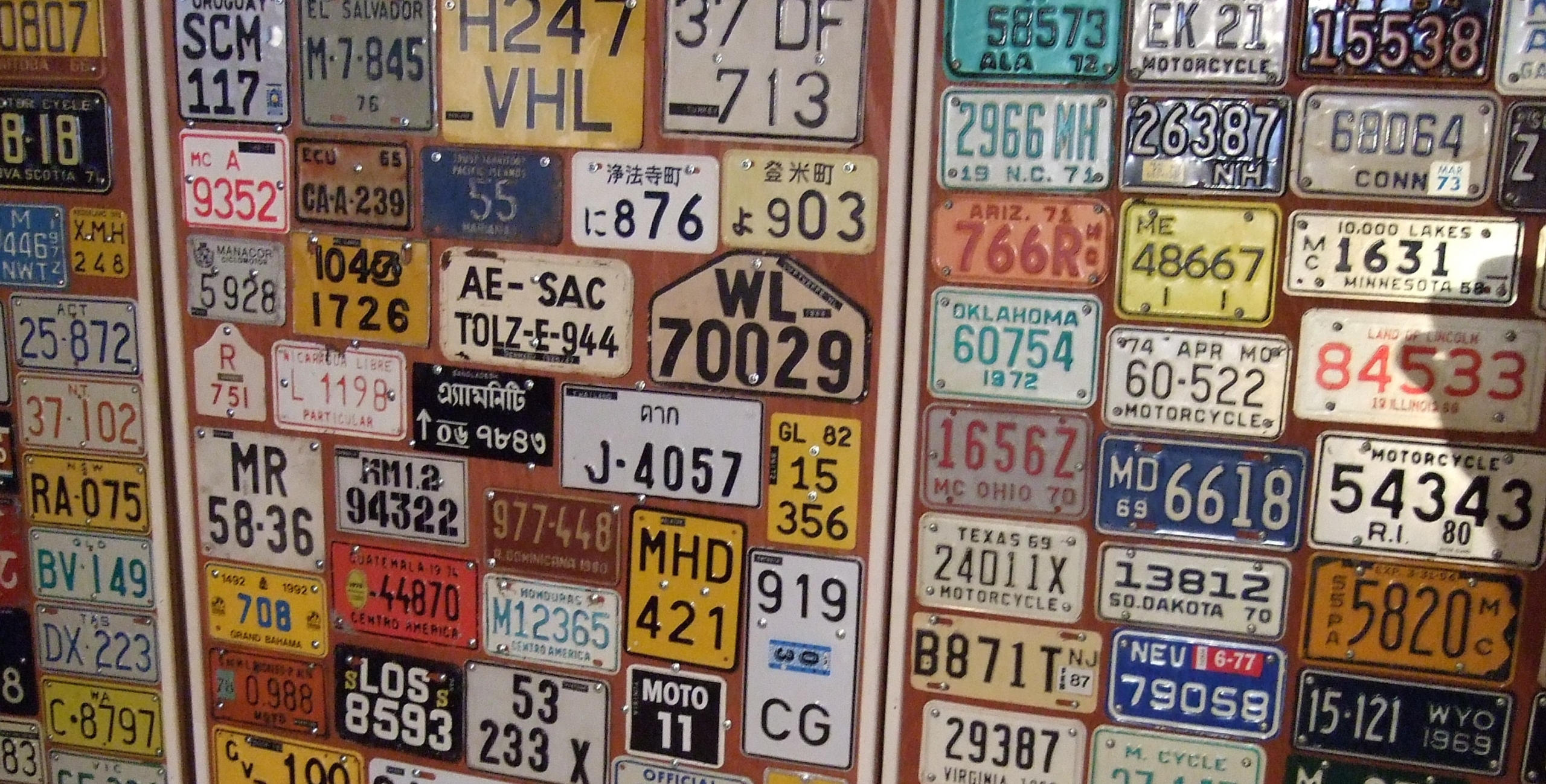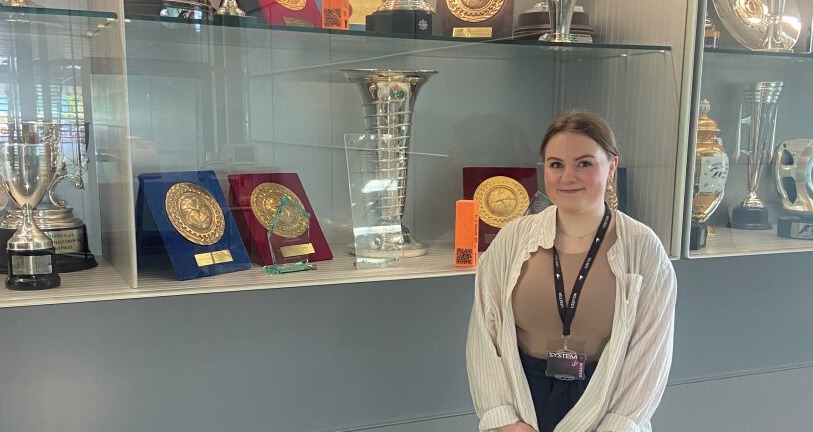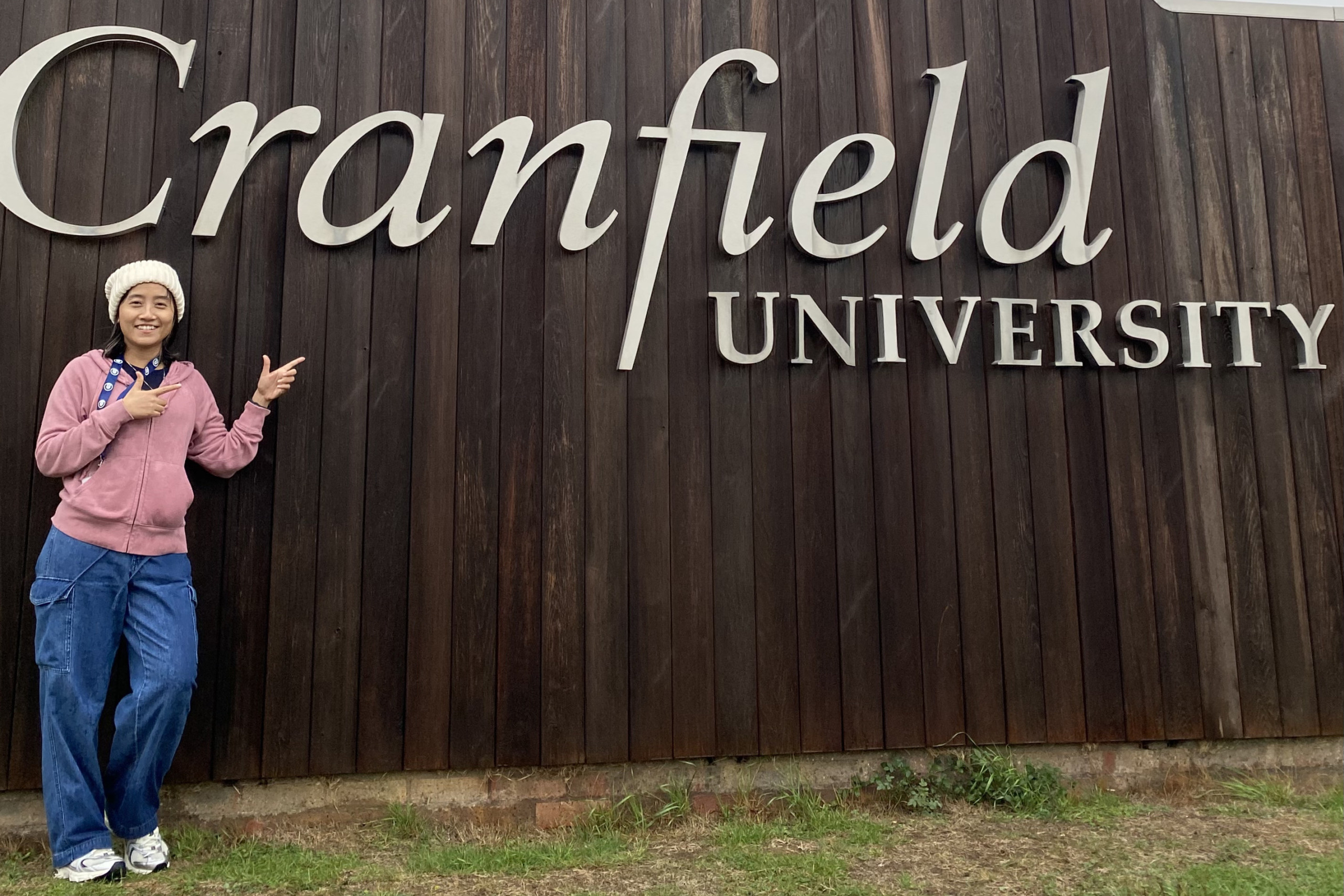Choosing a licence for your data
02/09/2016

When you deposit data on a repository, you will need to assign the right licence to it. This determines what others can and can’t do with your data, so it’s important that it is appropriate for what you’re releasing and is in line with any licence requirements of your funder and/or publisher. However, licences can often seem an unfriendly sea of acronyms: CC-BY, GPL, CC-NC-ND… WTH! How are you meant to pick the best acronym?
The most common data and software licences
In a nutshell, the ideal dataset licence is CC-BY. This is the default licence on CORD and is Cranfield University’s recommendation, in line with general open access advice. The ‘CC’ means it is a Creative Commons licence, and the ‘BY’ means that reuse requires attribution – ie anyone can use, modify, and build on your data, for any purpose including commercial, but they must give you credit. CC licences are very flexible, as you can add any combination of BY, NC (non-commercial use only), and ND (no derivative works allowed); however, unless unavoidable, NC and ND should not be used for research data as they reduce its value. You can download the full licences from the Creative Commons licences webpage.
If you created software rather than data in your research project, you should similarly share it with a specified licence. It is best practice again to use an open licence, and an easy way to do this is to choose a licence approved by the OSI (Open Source Initiative). Using a popular licence is ideal, such as the GNU General Public Licence (GPL), as it is well-known and documented, and the GPL licence is an existing option in CORD.
Additional options and information
However, just as oranges are not the only fruit, CC and GPL are not the only licences. If you have any special requirements (generally due to contracts with research partners), the Research Data Manager and Contracts will discuss options further with you. We can add licence choices on CORD (such as a non-commercial CC licence, or the Lesser GPL software licence), or if necessary we can write a bespoke licence to specify our exact terms, to ensure that our outputs are used legally and responsibly according to all partners’ needs.
Some people do worry that others could still copy their data and claim the work as their own: requesting attribution does not guarantee it. Unfortunately, this is a risk, in the same way that others can plagiarise publications. All we can do is follow correct and sound procedures, by publishing with a clearly displayed licence and using an auditable system such as CORD for data sharing, to ensure a reliably recorded original date of publication and author.
Finally, don’t forget that a licence can only be applied by the rights holder, so if you are collaborating on a research project, all parties must agree to the choice of licence. To learn more about licences, take a look at Jisc’s Licensing Open Data – A Practical Guide (pdf) or get in touch at researchdata@cranfield.ac.uk.
Public domain image from unsplash.com
Categories & Tags:
Leave a comment on this post:
You might also like…
Preparing for assignments and exams?
Sorry! We know it seems a bit mean to mention the exams in January rather than looking forward to the break before it! However, we know many of you will be thinking about your forthcoming ...
Screening for FTSE 100 companies on Bloomberg
So you’re researching an index and need some data on its constituent companies? Bloomberg’s Equity Screening tool makes light work of this, not just for the FTSE, but for indices, exchanges and sectors worldwide. Type EQS ...
Accelerating my future: How Cranfield put me on the fast track to automotive safety innovation
Hello! I’m Michaela Kaiser, and I’m thrilled to share my journey studying abroad. I’m from Calgary, Canada, and I recently graduated from Cranfield’s MSc Automotive Engineering course. My path to Cranfield ...
From Myanmar to Cranfield: My path to Renewable Energy
As someone who is passionate about sustainability, my career goal is to build a path in the renewable energy sector. My aspirations comes from the benefits of developing sustainable energy sources and ensuring energy ...
From lifelong dream to circular economy leader: Q&A with Himesha Randeni on the Environmental Management for Business MSc
What does it take to turn a lifelong passion for the planet into a fulfilling and impactful career? For Himesha Randeni, the answer was the Environmental Management for Business MSc at ...
Library services over the Christmas period
Kings Norton Library will be open 24/7 throughout the holiday period as a study space. Library staff will work until 6pm on Friday 19 December and will resume their normal working hours from 9am on ...






